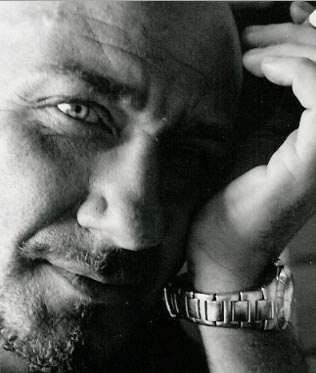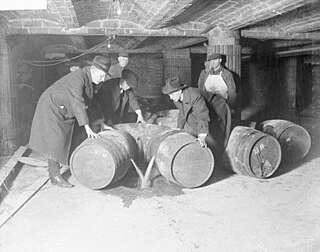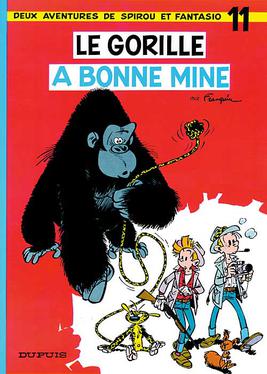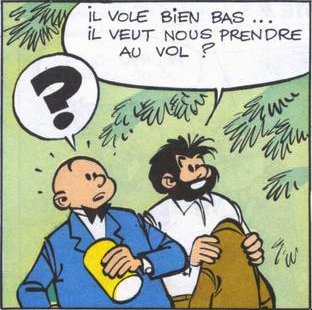
Gaston is a Belgian gag-a-day comic strip created in 1957 by the Belgian cartoonist André Franquin in the Franco-Belgian comics magazine Spirou. The series focuses on the everyday life of Gaston Lagaffe, a lazy and accident-prone office junior who works at Spirou's office in Brussels. Gaston is very popular in large parts of Europe and has been translated into over a dozen languages, but except for a few pages by Fantagraphics in the early 1990s, there was no English translation until Cinebook began publishing English language editions of Gaston books in July, 2017.

Philippe Vandevelde, working under the pseudonym Tome, was a Belgian comics writer. He was known for collaborations with Janry on Spirou et Fantasio and Le Petit Spirou, and with Luc Warnant and later Bruno Gazzotti on Soda. He also collaborated with Ralph Meyer on Berceuse assassine, and with Marc Hardy on Feux. Earlier in his career he was an assistant-artist for Dupa.

Marsupilami is a comic book character and fictional animal species created by André Franquin. Its first appearance was in the 31 January 1952 issue of the Franco-Belgian comics magazine Spirou. Since then it appeared regularly in the popular Belgian comics series Spirou & Fantasio, as a pet of the main characters, until Franquin stopped working on the series; the character's final appearance in the series during Franquin's lifetime was in 1970.

Spirou is a weekly Franco-Belgian comics magazine published by the Dupuis company since April 21, 1938. It's an anthology magazine with new features appearing regularly, containing a mix of short humor strips and serialized features, of which the most popular series would be collected as albums by Dupuis afterwards.

The Bureau of Prohibition was the United States federal law enforcement agency formed to enforce the National Prohibition Act of 1919, commonly known as the Volstead Act, which enforced the 18th Amendment to the United States Constitution regarding the prohibition of the manufacture, sale, and transportation of alcoholic beverages. When it was first established in 1920, it was a unit of the Bureau of Internal Revenue. On April 1, 1927, it became an independent entity within the Department of the Treasury, changing its name from the Prohibition Unit to the Bureau of Prohibition. In 1930, it became part of the Department of Justice. By 1933, with the repeal of Prohibition imminent, it was briefly absorbed into the FBI, or "Bureau of Investigation" as it was then called, and became the Bureau's "Alcohol Beverage Unit," though, for practical purposes it continued to operate as a separate agency. Very shortly after that, once repeal became a reality, and the only federal laws regarding alcoholic beverages being their taxation, it was switched back to Treasury, where it was renamed the Alcohol Tax Unit.

Spirou & Fantasio is one of the most popular classic Franco-Belgian comics. The series, which has been running since 1938, shares many characteristics with other European humorous adventure comics like The Adventures of Tintin and Asterix. It has been written and drawn by a succession of artists.
Notable events of 1938 in comics. See also List of years in comics.
Éditions Dupuis S.A. is a Belgian publisher of comic albums and magazines.

Belgian comics are a distinct subgroup in the comics history, and played a major role in the development of European comics, alongside France with whom they share a long common history. While the comics in the two major language groups and regions of Belgium each have clearly distinct characteristics, they are constantly influencing one another, and meeting each other in Brussels and in the bilingual publication tradition of the major editors. As one of the few arts where Belgium has had an international and enduring impact in the 20th century, comics are known to be "an integral part of Belgian culture".

Le Petit Spirou is a popular Belgian comic strip created by Tome and Janry in 1987. The series developed from La jeunesse de Spirou (1987), a Spirou & Fantasio album in which Tome and Janry set to imagine Spirou's youth. It was developed into a spin-off series shortly afterwards and the authors have focused on it ever since the controversy created after their final Spirou et Fantasio album, Machine qui rêve (1998). New albums are among the bestselling French-language comics, with 330,000 copies for the latest one.

Raoul Cauvin was a Belgian comics author and one of the most popular in the humorist field.

Benoît Brisefer is a Belgian comic strip created in 1960 by Peyo and published by Le Lombard, about a little boy whose peaceful, innocent appearance, charm and good manners covers his possession of superhuman strength. Since Peyo's death it has been continued by other artists and writers. Parts of the series have been published in a number of languages around the world.
Arthur Berckmans, better known as Berck, was a Belgian comics author, best known for Sammy.

Le gorille a bonne mine, written and drawn by Franquin, is the eleventh album of the Spirou et Fantasio series. The title story and Vacances sans histoires, were serialised in Spirou magazine, before the hardcover album release in 1959.

Le nid des Marsupilamis, written and drawn by Franquin, is the twelfth album of the Spirou et Fantasio series. The title story, and another, La foire aux gangsters, were serialised in Spirou magazine before the release in a hardcover album in 1960.
Cupidon is a Belgian comics series written by Raoul Cauvin and drawn by Malik.

Maurice Tillieux was a Belgian writer and comic artist. He is regarded by many as a major figure of post-war Belgian comics.

Tif et Tondu is a Belgian comic strip about a duo of private investigators, originally created, written and drawn by Fernand Dineur. Several artists and writers have worked on the series but the most popular version is that drawn by Will, with writers Maurice Rosy, Maurice Tillieux, and Stephen Desberg. The strip first started in 1938 and lasted until 1997, just one year short of its 60th birthday.
La Ribambelle is a Belgian comics series about a gang of kids living in the same neighbourhood. There were two versions of this strip: Joseph Loeckx drew a one-off story in 1958, but the longer-lasting version was that of Jean Roba who created a whole new set of characters who came from various countries and ethnic backgrounds but lived in the same city. They played in a local yard and even had adventures abroad. Others who contributed to the strip included writers Vicq, Maurice Tillieux and artist Jidéhem.















